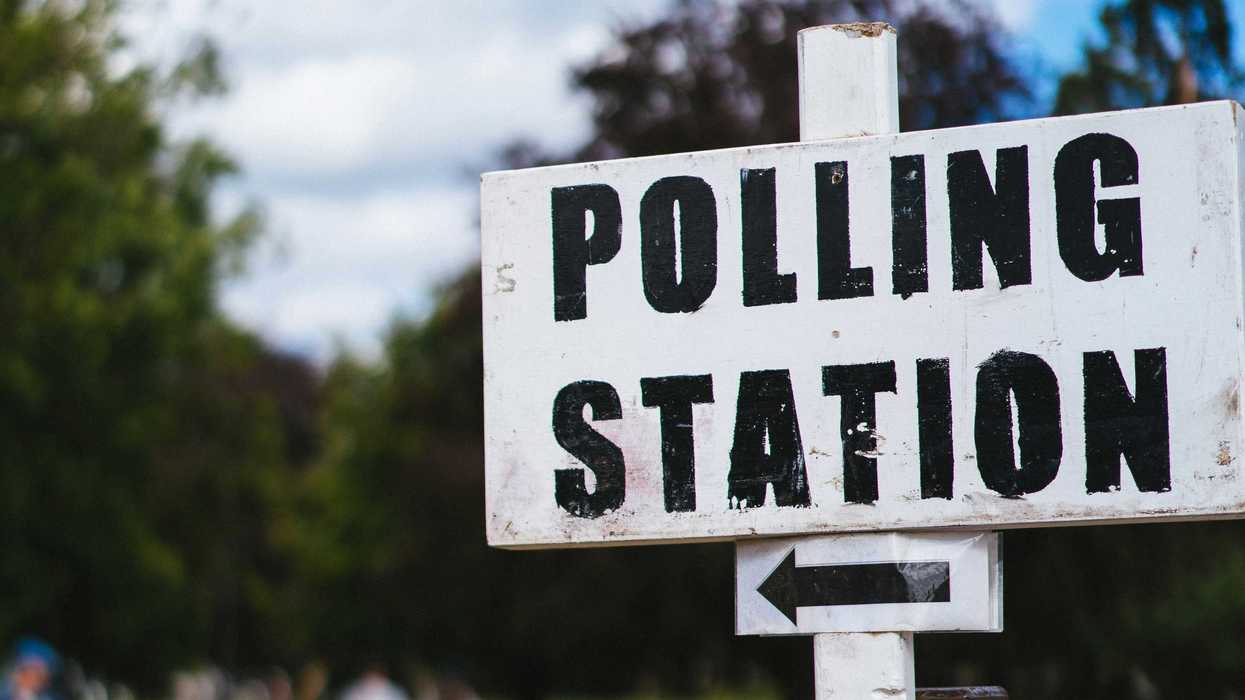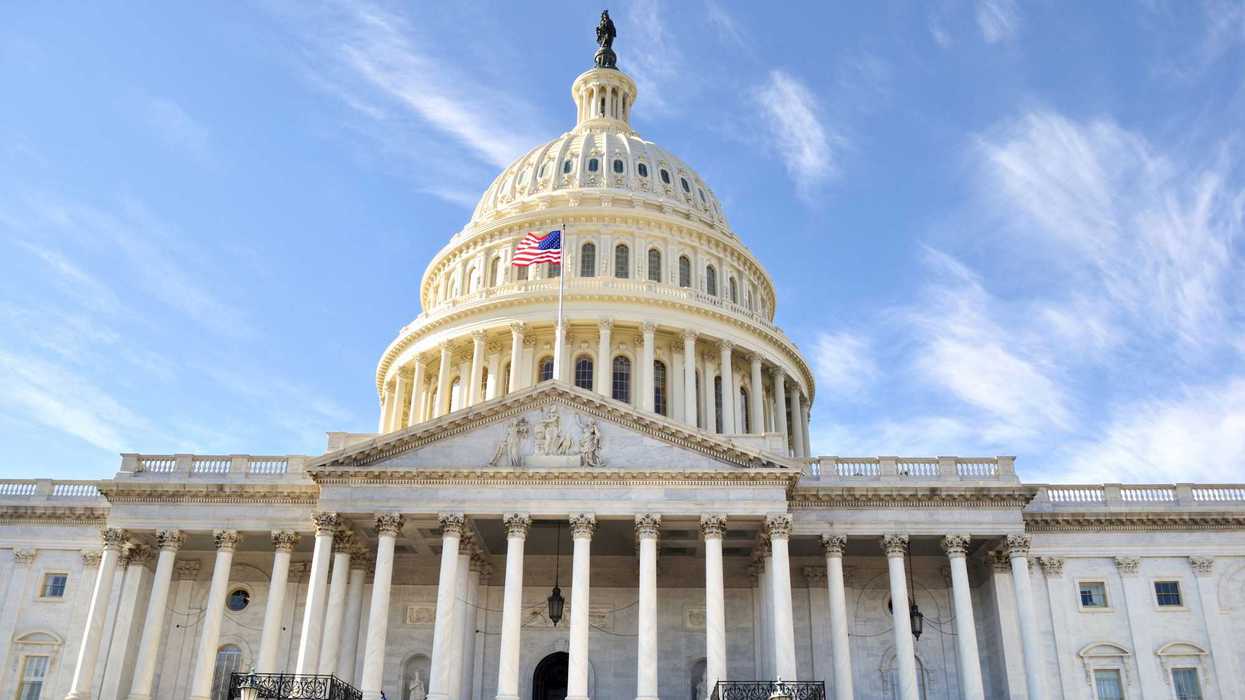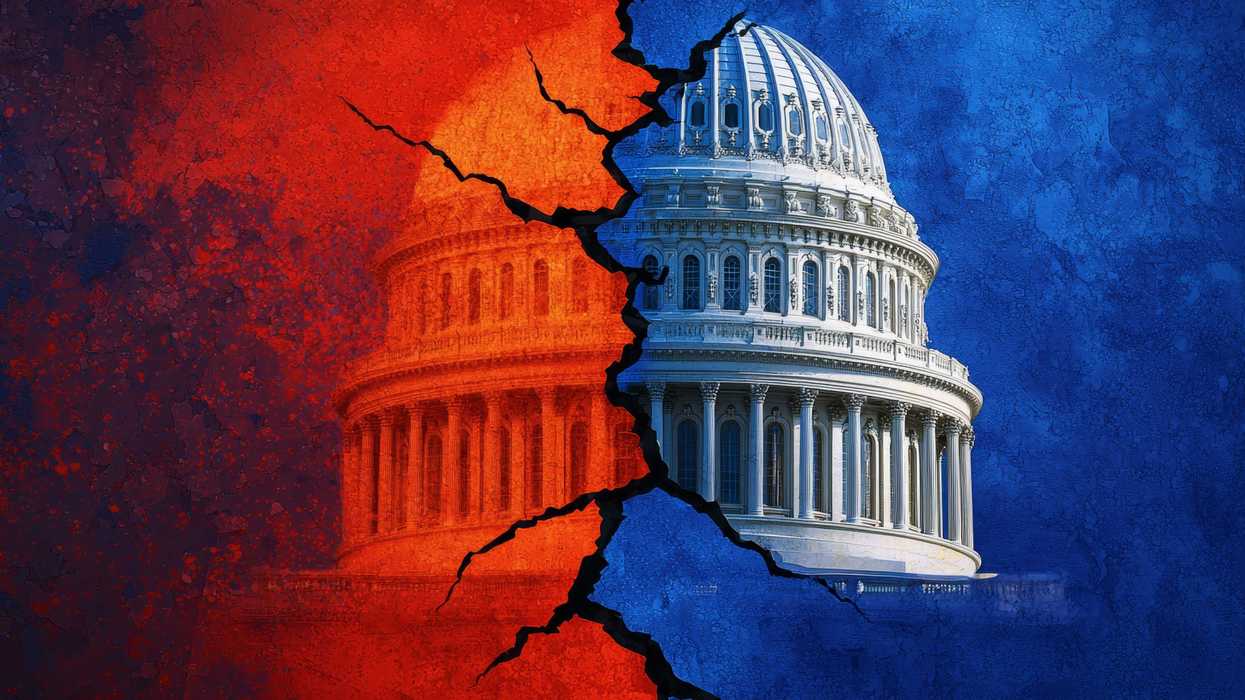In recent years, immigration enforcement has become a flashpoint in American politics, with states increasingly stepping in to impose their own restrictions. The Trump administration laid the groundwork for aggressive immigration policies, from “Build the Wall” to a more targeted focus this time around on strict border security, mass deportations, and requiring local law enforcement to cooperate with federal immigration authorities. As the federal government debates comprehensive immigration reform, some states are enacting drastic measures to police undocumented immigrants within their borders. One of the most extreme proposals comes from Mississippi, where House Bill 1484 introduces a bounty hunter program to track and detain undocumented immigrants. This bill, alongside similar efforts in Missouri and Alabama, signals a possibly troubling trend in state-led immigration enforcement. Let’s take a look.
First, what is going on with immigration enforcement?
As the Trump administration moves aggressively to reshape U.S. immigration policy, longstanding protections are being dismantled, and enforcement efforts are expanding. The first day of his presidency, Trump signed many, many executive orders, including 10 with huge impacts on immigration policy. The administration has revoked limits on migrant arrests in sensitive locations like schools and churches, deploying hundreds of federal agents into residential neighborhoods and suburbs. The recently signed Laken Riley Ac grants authorities broader power to deport undocumented immigrants accused of non-violent crimes. Trump has also signaled his intent to deny U.S. citizenship to American-born children of undocumented parents, further altering fundamental immigration rights. Meanwhile, large-scale ICE raids are sweeping through major cities, rounding up thousands of individuals, many of whom have no criminal history beyond their undocumented status.
The administration is intensifying its immigration enforcement strategy through coordinated, large-scale operations involving multiple federal agencies. Immigration and Customs Enforcement (ICE) agents, alongside officials from the FBI, DEA, ATF, and U.S. Marshals Service, have conducted mass arrests in major cities (New York, Chicago, Los Angeles, and Denver). These raids, which officials indicate will continue at a rapid pace with three U.S. cities targeted per week, are being justified as public safety measures. However, critics argue— backed by lawsuits from organizations —that these actions cast an excessively broad net, are detaining individuals without criminal histories, and are raising significant concerns about due process and civil rights violations.
Mississippi’s HB1484: A Controversial Bounty Hunter Program
Mississippi’s HB1484, known as the "Mississippi Illegal Alien Certified Bounty Hunter Program," represents one of the most aggressive proposed immigration laws in the country (it died in committee on February 4th). It would have empowered private bounty hunters to track, detain, and report undocumented immigrants, introducing severe penalties and financial incentives for enforcement.
Key Provisions of HB1484
- Creation of Certified Bounty Hunters: Licensed bail bond agents and surety recovery agents could apply for certification to locate and detain undocumented immigrants, with oversight from the Mississippi Department of Public Safety (DPS).
- Severe Penalties for Undocumented Presence: Being in Mississippi without legal immigration status would be classified as “trespassing,” a felony punishable by life imprisonment without parole, unless deportation occurs within 24 hours.
- Anonymous Reporting & Financial Incentives: The bill mandates a 24/7 hotline, email, and web portal for anonymous tips, rewarding informants with $1,000 per report leading to an arrest and imprisonment.
- Mandatory DNA Collection: Anyone detained under this law would be required to submit a DNA sample, raising major privacy concerns.
- State-Funded Bounty Hunter Program: The Mississippi Attorney General and county prosecutors would oversee enforcement, using a state treasury fund dedicated to the program.
The Bigger Picture: State-Level Immigration Crackdowns
Mississippi is not alone in pursuing draconian immigration laws. Similar bills in Missouri and Alabama highlight a growing movement among certain states to take immigration enforcement into their own hands, often with harsh penalties and controversial tactics.
- Missouri’s SB72 mirrors Mississippi’s bill by criminalizing the presence of undocumented immigrants as a felony punishable by life imprisonment unless deported within 24 hours. It also would establish a bounty hunter program, anonymous tip lines, and financial rewards for reporting immigrants. Like HB1484, it would permanently bar convicted individuals from obtaining driver’s licenses, voting, or receiving public benefits. This bill is currently in committee.
- Alabama’s SB53 takes a slightly different approach, focusing on criminalizing the act of concealing, transporting, or harboring undocumented immigrants. It would mandate law enforcement officers to verify immigration status through federal databases and cooperate in transferring illegal aliens to federal custody. Additionally, it allows for civil asset forfeiture for those caught aiding undocumented individuals. This bill is also currently in committee.
Legal, Ethical, and Practical Concerns
These state-led immigration crackdowns, like Mississippi’s HB1484, raise serious legal, ethical, and practical concerns. These laws conflict with federal immigration authority, risking costly legal battles as they challenge the constitutionality of states enacting policies traditionally handled by the federal government. The severe penalties for undocumented presence, such as life imprisonment without parole for simply being in the state, may violate basic due process protections and be deemed cruel and unusual punishment.
Moreover, these bills encourage vigilante policing by offering financial incentives for reporting suspected undocumented immigrants, which can lead to racial profiling and wrongful detentions. This empowers private citizens and bounty hunters to act as law enforcement agents, creating a dangerous climate of fear and mistrust. The financial costs of implementing such programs, alongside potential lawsuits and legal challenges, could place a heavy burden on taxpayers. When compared to authoritarian tactics like those seen in Nazi Germany, where citizens were encouraged to surveil and report on one another, these laws pose a threat to fundamental civil rights and liberties.
Final Thoughts
Mississippi’s HB1484, along with similar bills in Missouri and Alabama, represents a dramatic shift towards aggressive state-driven immigration enforcement that feels eerily reminiscent of the authoritarian tactics seen in Nazi Germany. The practice of encouraging citizens to act as law enforcement agents, coupled with harsh penalties and widespread surveillance, mirrors the oppressive state control that terrorized individuals based on their status and identity. This type of legislation sends a chilling message, as it strips away basic civil rights and creates an environment of fear and mistrust.
As the Trump administration continues to push for stricter immigration policies, these bills signal the kind of harsh, punitive measures we are likely to see under its influence. While proponents argue these laws are necessary for national security, the potential for racial profiling, wrongful detentions, and severe human rights violations makes it clear that such policies are deeply troubling. The implications of these laws are a punch in the stomach to those who believe in justice and equality, marking a dangerous precedent in the erosion of civil liberties in America.
The Growing Crackdown on Immigration: Mississippi’s HB1484 and the Rise of State-Level Enforcement was first published on BillTrack50, and was republished with permission.



















 Mayor Ravi Bhalla. Photo courtesy of the City of Hoboken
Mayor Ravi Bhalla. Photo courtesy of the City of Hoboken Washington Street rain garden. Photo courtesy of the City of Hoboken
Washington Street rain garden. Photo courtesy of the City of Hoboken
